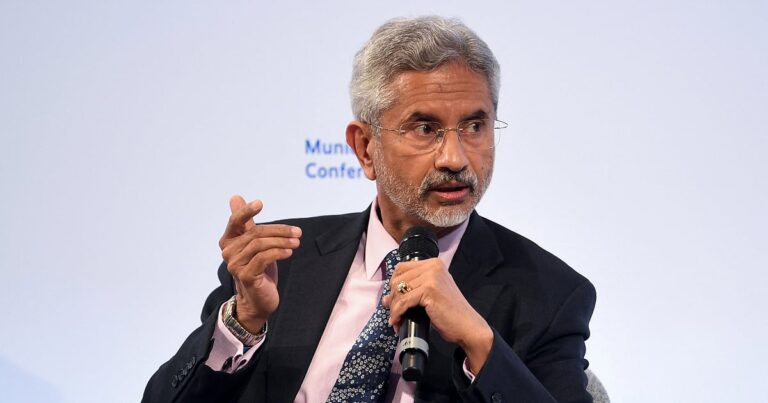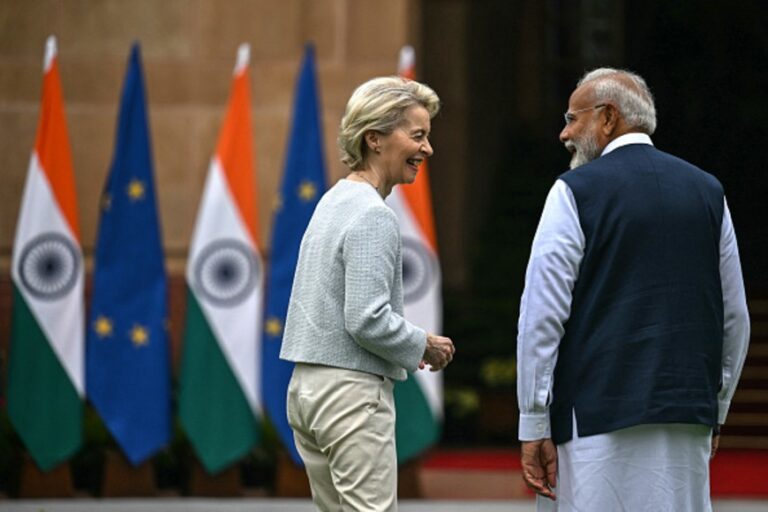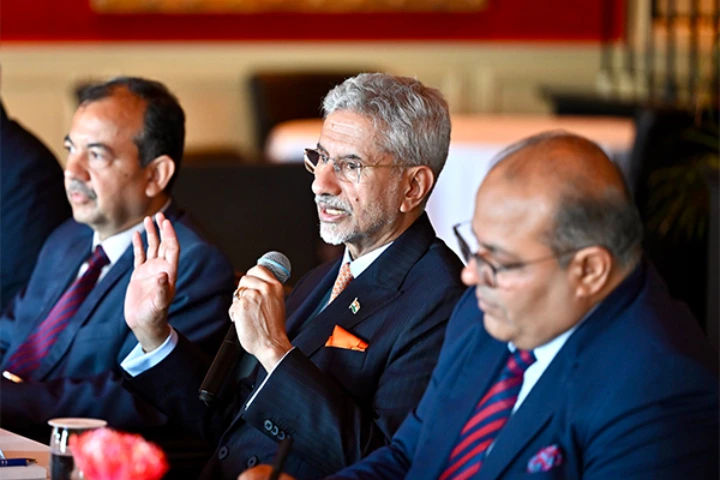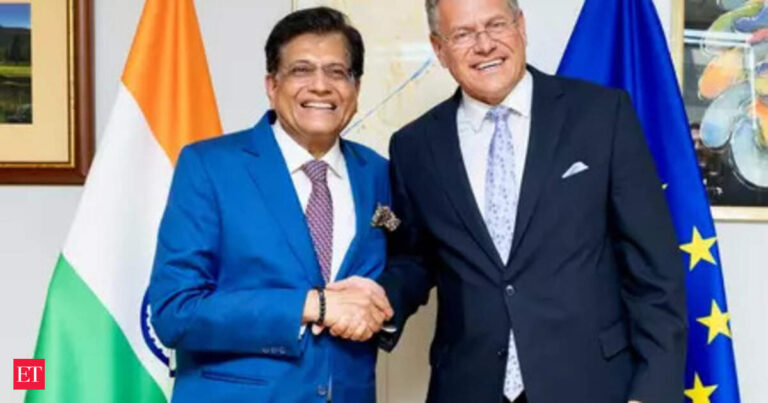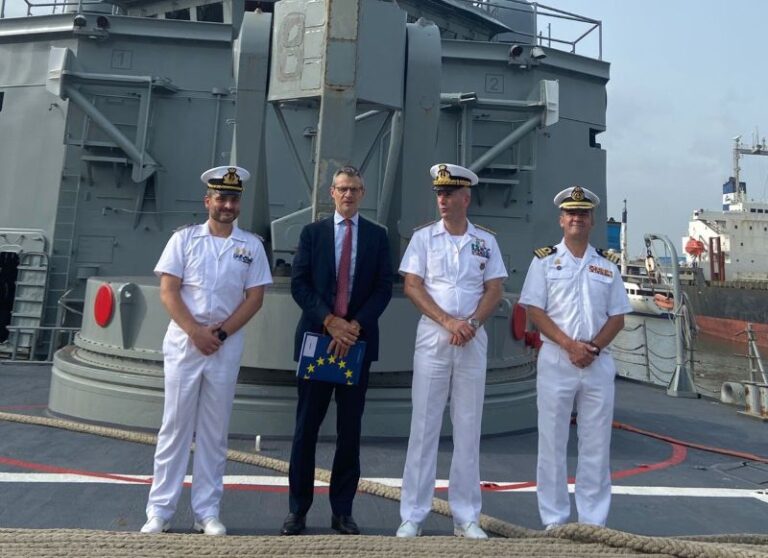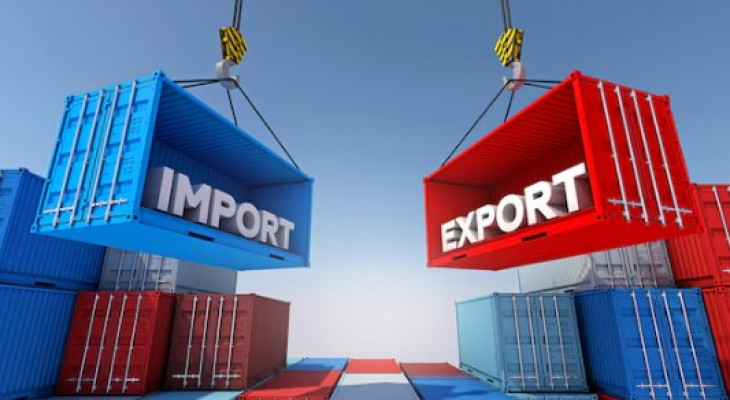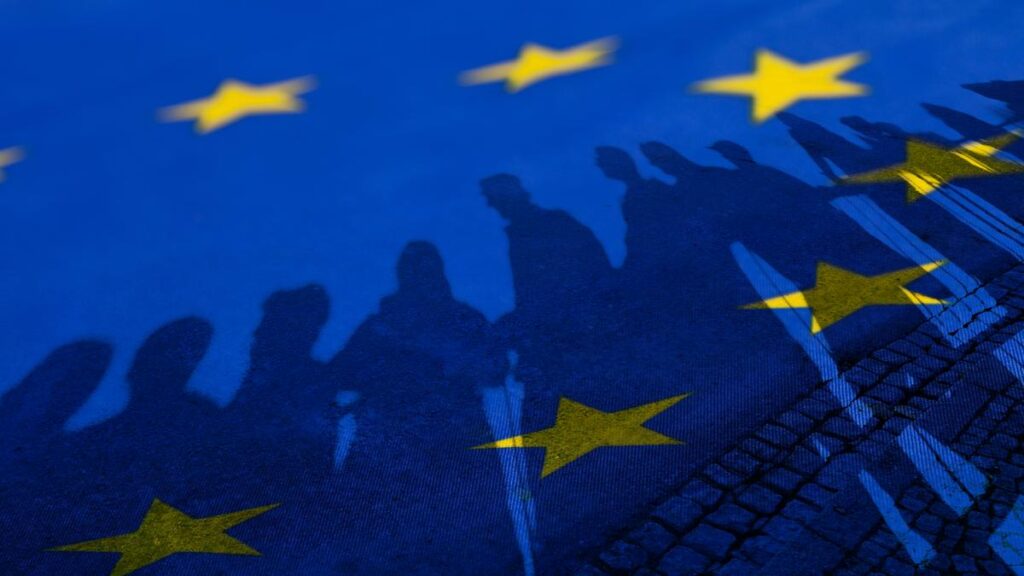

“Relations between Europe and India must be built on tangible ties, which include stronger people-to-people ties” | Photo credit: Getty Images/iStockphoto
The year 2024 was the year of super-elections around the world, and 2025 must be the year when the world’s democracies come together and find new ways to support each other. Nowhere is this more true than in the relationship between Europe and India, a partnership that for too long has focused on strategies, but little on results.
For almost 17 years, relations between the European Union (EU) and India have been viewed through the prism of intermittent free trade agreement negotiations. As a proponent of free trade, I believe that the benefits of uniting the world’s largest democracy and its largest trading bloc to resist the headwinds of protectionism would be an economic and geopolitical game-changer.
Look at the big picture
However, we cannot be naive about the obstacles that lie ahead. If a major trade deal eludes us in the short term, we should find another path, away from negotiators and bureaucrats. Fixed firmly at the highest political levels, it would focus on broader geostrategic issues such as economic security, defense cooperation and a common agenda for space, emerging technologies and critical industrial sectors such as commodities. pharmaceuticals.
Geopolitically, Europe was undoubtedly frustrated by India’s response to Russia’s invasion of Ukraine and its continued close ties. These links are historical. Conversely, India maintains a broad rivalry with China, despite cooperation within the BRICS group and a substantial trade partnership. As a growing economy, I can understand why India would not want to get drawn into a power competition as the world divides into democratic and autocratic blocs. However, fundamentally, India is a democracy and its entanglement with Moscow and Beijing is unnatural. Along the same lines, India’s accusations that Europe is acting as a double standard are not unfounded. We cannot demand that India sever all ties with Russia without also addressing our own economic dependence on China.
A reboot of relations should therefore begin with a shared assessment that Russia and China – with their “no-holds-barred” partnership – both pose a threat to the global democratic world that includes India, Europe and the United States. United. What happens in the Atlantic affects the Indo-Pacific and vice versa.
On this basis, we should focus on a series of practical measures aimed at removing barriers to trade and investment in a piecemeal manner, while strengthening our common security, including economic security. This will involve reducing reliance on China in areas such as critical raw materials and developing new supply chains, with Europe viewing India as a “trusted partner”.
Defense and trade
On defense, India and the United States already enjoy strong defense cooperation, with India being America’s “major defense partner” and a member of the “Quad” – sometimes called “NATO Asia-Pacific”. Europe should support the continued development of this security alliance in order to give India more security guarantees.
Defense talks between the EU and India have intensified, but are expected to accelerate to a high political level, as Europe seeks to bring much-needed investment to our industries, which can also deliver to the India has better weapons than Russia. The new EU Defense Commissioner should visit India as soon as possible and develop greater collaboration, in the areas of defense and space, where the EU and India have ambitious plans.
India and the EU have established a Trade and Technology Council (TTC) that mirrors a similar council to that of the Biden administration. It is unclear whether the EU-US TTC will survive President Donald Trump, but the EU-India Council has fallen short of its potential, particularly in coordinating a technology agenda. Here we can also draw inspiration from India’s ties with the US, where the US-India Initiative on Critical and Emerging Technologies (iCET); iCET promotes collaboration at the national security advisor level.
The Australian Strategic Policy Institute illustrates the scale of the challenge. It tracks the top 64 emerging technologies. In 57 of them, China is winning the global race. The United States is on their heels. However, India is also emerging as a key center of global research innovation, while many other European countries are also in the running. Individually, we are doing well in this existential race, but by combining our strengths, the free world can move ahead and become a global leader in every emerging technology, from quantum computing to advanced biotechnology. We must not entrust victory to China.
In perspective
Europe and India should focus on a much more practical relationship, based on tangible ties, including stronger people-to-people ties. For Europe, the benefits are clear: India will become the world’s third largest economy over the next decade, at a time when Europe’s share of global GDP continues to decline. But there is a larger goal: to form an alliance of democracies with India at its core.
If Europe wants to anchor India in this alliance, we must change our approach to the subcontinent. This does not mean, however, brushing differences or difficulties under the table. India faces many challenges to its democracy, but so does Europe. We should seek to resolve them together. Europe, India and the United States are individually powerful, but together we are invincible against united autocrats.
Anders Fogh Rasmussen was Secretary General of the North Atlantic Treaty Organization (NATO) from 2009 to 2014 and Prime Minister of Denmark from 2001 to 2009.
Published – January 17, 2025 at 00:08 IST
